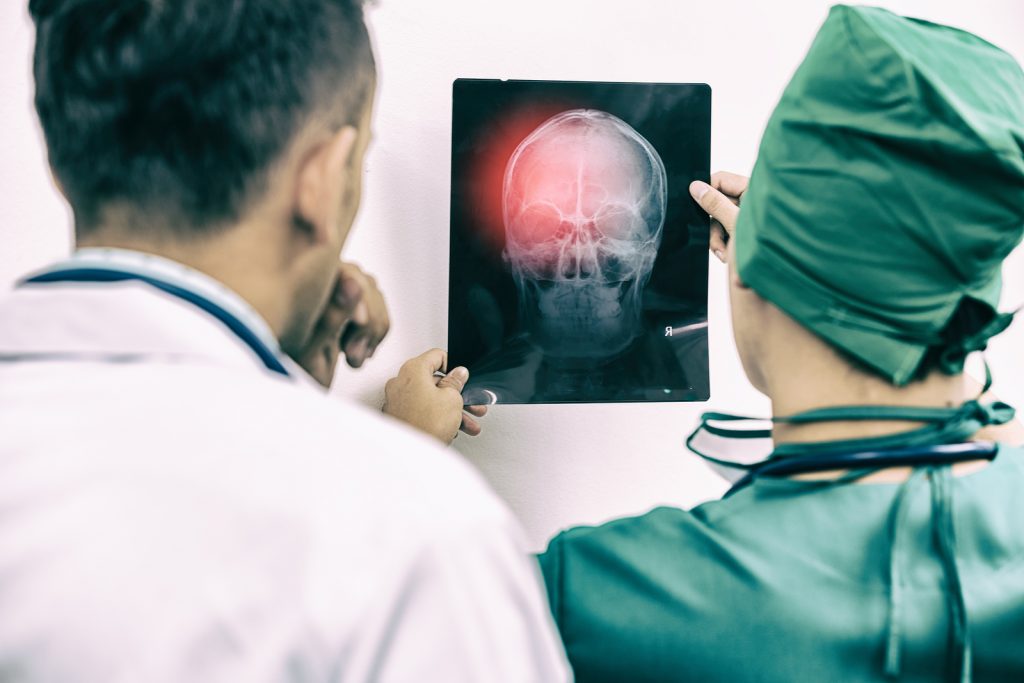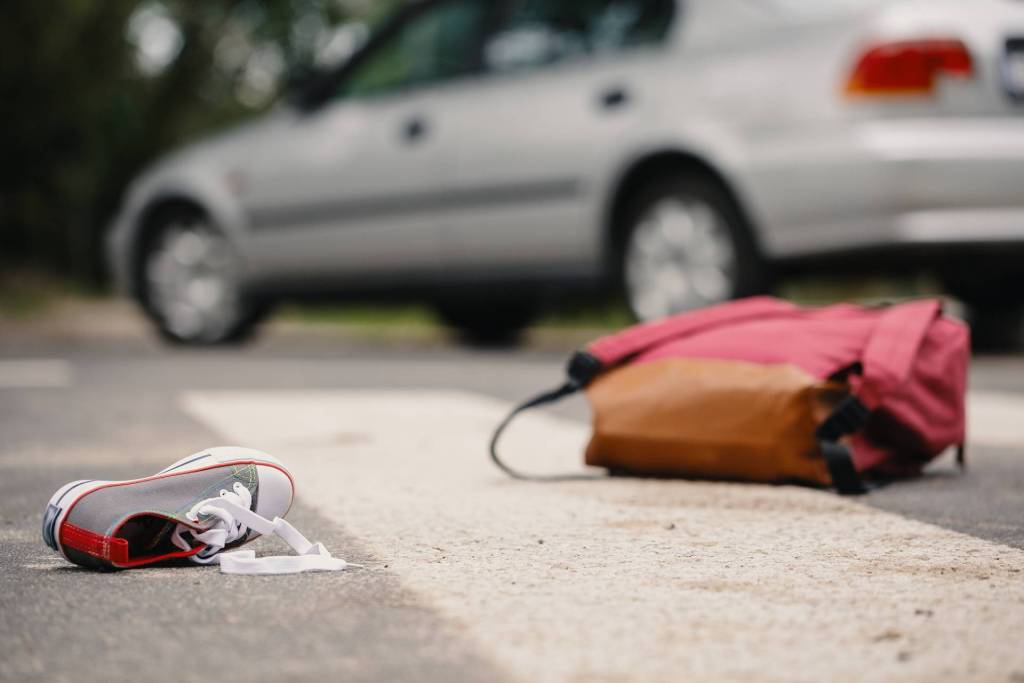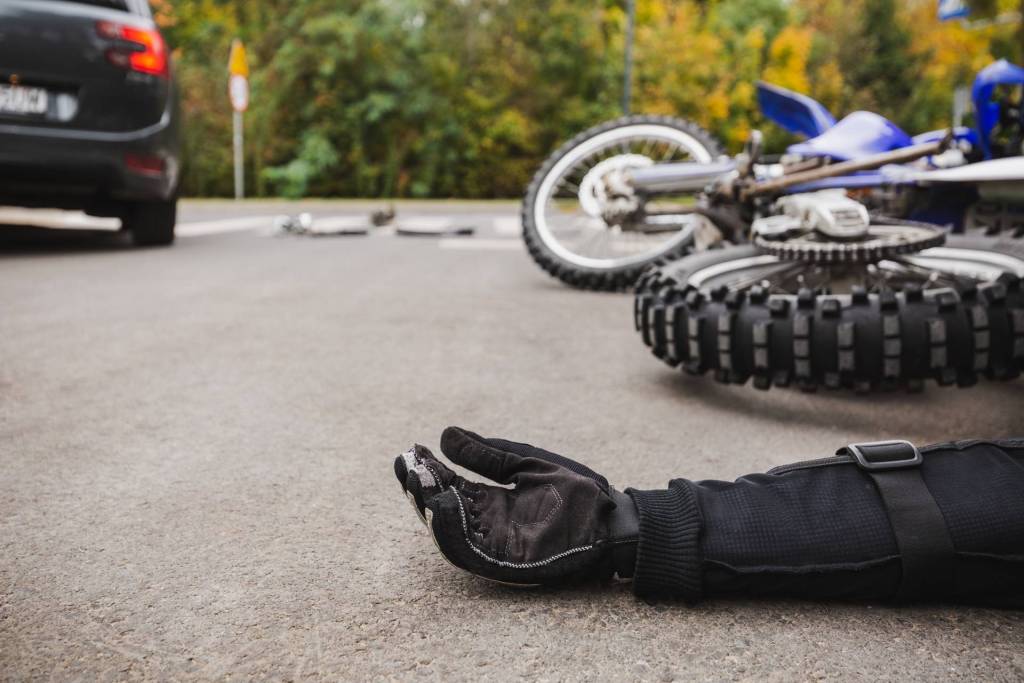After you get into a car accident, there are so many things that plague your mind. First, you will probably be wondering how you’re going to pay for the damages related to the accident. You may be wondering how you’ll get an income while you’re stuck home from work nursing your injuries. Additionally, you might be left without a car, and no clear answer on when you will have relief. The last thing on your mind is probably the cost of your insurance, but this is something you should consider right away. Some people are unaware that, yes, your insurance rate could increase if you get into a car accident. It’s unavoidable, but there are things you can do to reduce the rate.
While it is possible that your car insurance rate can increase after getting into an accident, what mostly matters is whether or not you were at fault in the accident situation. Car accidents are anticipated by insurance companies. It is the primary reason why car insurance exists. So the rate increase is not intended to penalize you for getting into a car accident, it’s just that your rate may increase as you are deemed to be a driver who requires more coverage. Read on to learn more about what to expect after a car accident, and schedule a consultation with our lawyers if you need help.
How Do Insurance Adjusters Determine My Insurance Rate?
There are many factors that determine what your insurance rate will be. First, the insurance company will look at where you live. Those who live in populated urban cities with many other cars on the road will likely see a higher insurance rate. Living in a city means you have an increased risk of being involved in a crash, and additionally, having your car be a victim of theft. The insurer knows the risks associated with living in an urban location, so rates may increase depending on where you live.
Next, the insurance company will assess the type of car you have. People who drive sports cars, or cars that are modified to increase their speed, may see an increase in their insurance rate. These cars pose a greater risk than others. Additionally, cars that are expensive to repair may cause your insurance to go up. For example, if you have a foreign car that requires foreign parts, your insurance might be high.
Younger drivers that are under the age of 25 will also see that their insurance rates might be higher. Insurance companies consider younger drivers under the age of 25 to be at a heightened risk, and more likely to get into an accident. Insurance rates taper off when you are older than this age.
The amount of coverage you buy can also affect your rate. Those who purchase the minimum amount of auto insurance coverage permitted in Nova Scotia will likely pay much lower rates for their insurance, and those who elect to have more coverage will pay higher rates for it.
How Can I Avoid My Insurance Rate Increasing After A Car Accident?
There are ways that you can get your insurance rate back down after getting into an accident. Some insurers offer a defensive driving course that reduces your rate upon graduation of the course. The best course of action is to demonstrate that the accident was not your fault, therefore giving the insurer no reason to raise your rate.
The best way to defend yourself against your insurance company is to hire a lawyer after the accident and work to prove that you are not the at-fault party. At McKiggan Hebert Lawyers, we have the skill and resources to help you file a strong personal injury claim that holds the negligent party accountable.
Other personal injury lawyers charge high fees for initial consultations. But, at McKiggan Hebert Lawyers, we offer an initial car accident case evaluation at no charge to you. In your free consultation, we’ll help you find the best possible method for defending yourself against your insurance company.
Schedule A Free Consultation With McKiggan Hebert Lawyers Today To Maximize Your Recovery After Your Accident
Our lawyers will stop at nothing to help you recover after your accident. We will create a strong case for your defense which outlines the reckless, dangerous or otherwise negligent behavior of the other driver, proving that you did not cause the accident.
Schedule your free consultation with McKiggan Hebert Lawyers today.










